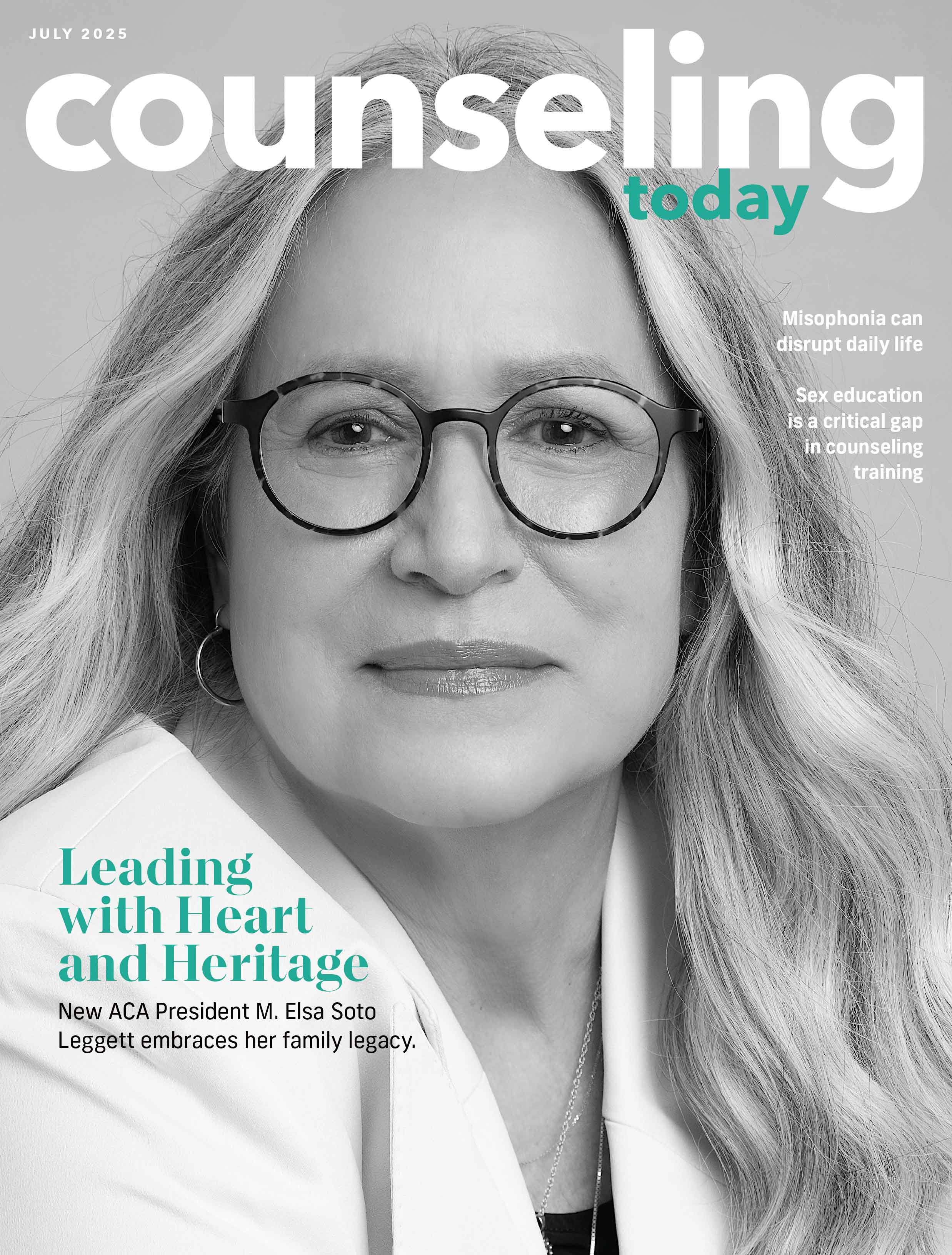Finding and Creating Affirming Spaces
By Artemis Ray Allen, LPC
May 2024

I experienced a lot of dualities growing up. I was raised by educators who taught me to think critically and trust science, but I also grew up in southern Appalachia in the ’90s and learned I needed to be a “polite Southern lady” who pulled herself up by her bootstraps.
People in my hometown considered mental health to be unhealthy or problematic. They grumbled when they saw commercials about depression and prayed people would rely on themselves and God rather than turning to counseling or anti-depressants. Teachers expressed frustration behind closed doors about lacking support to manage classrooms with a seemingly new surge of students with ADHD diagnoses and accompanying 504 and IEP plans.
I internalized this stigmatized thinking, and my views on mental health didn’t change until I went to college and faced my own struggles with depression and post-traumatic stress disorder. I decided to see the counselors at my university, and I remember feeling ashamed for needing the kind of help I heard disgruntled mutterings about my whole life.
The college counselors helped me a lot during that time, and because of this experience, I ultimately decided I wanted to work in a college counseling center so I could give other students the space to heal and form their own conclusions about mental health care like I received.
Although I was excited about my career choice, I still struggled with feeling inadequate to do this work because of my previous mental health struggles. I didn’t realize this experience would become a useful tool in my counselor tool belt.
Before starting my master’s program, I served as a mentor to undergraduate students at my alma mater. Pretty early on in that role, a student revealed to me they were experiencing active suicidal ideation and had plans to act on those thoughts later that week. Although a part of me was terrified, my previous struggles managing depression helped me empathize with the student and earn their trust so we could get in touch with their therapist for a formal assessment. Later that day, I drove the student to an inpatient facility and continued mentoring them after they were released. This experience helped me realize that not only could I do this work, but I couldn’t imagine doing anything else.
Counseling also helped me find confidence and support in my own queerness and transness. Because of the struggles I had finding affirming health care in the Deep South, I began looking more at issues of equity and access to care in my community, which has been both a frustrating and fulfilling experience. To overcome some barriers that LGBTQIA+ individuals have in my area, I started a private practice in addition to my work as a college counselor.
I’m thankful for the amazing mentors and therapists I’ve met along my career journey. They have all played a role in helping me find my unique counseling voice and my place in the larger professional community.


